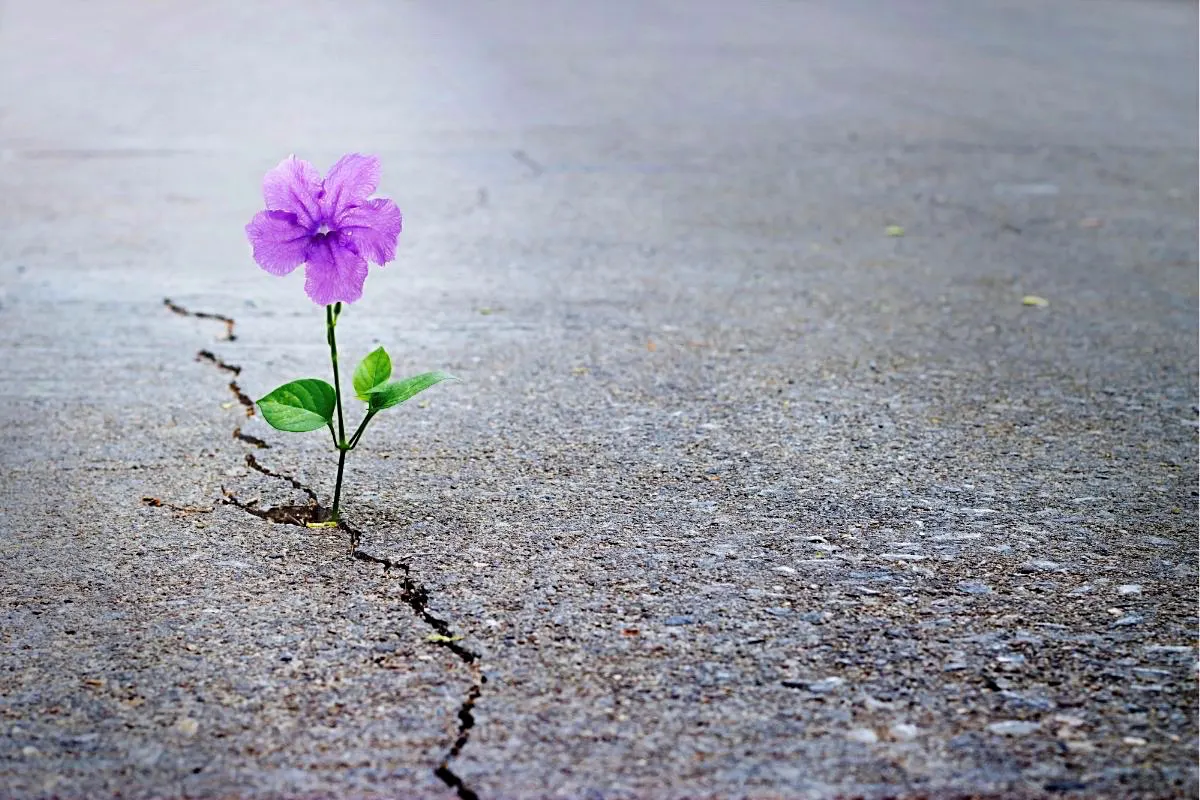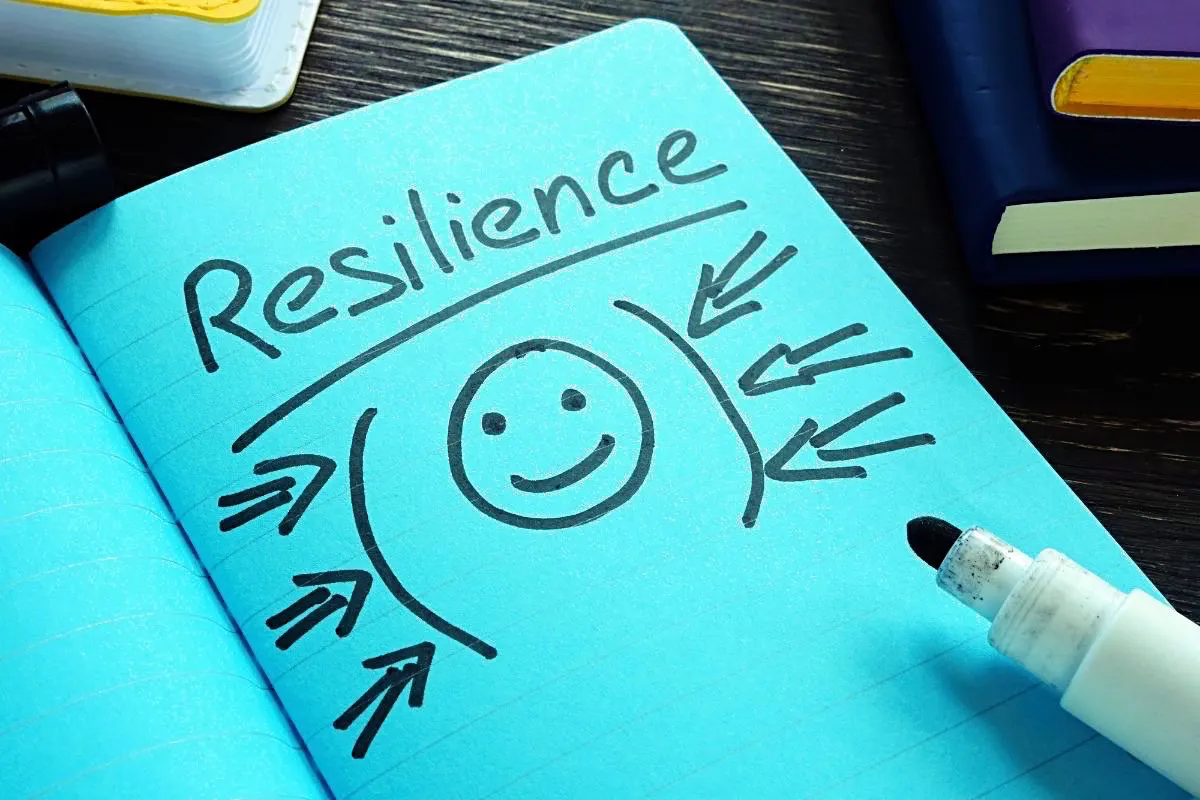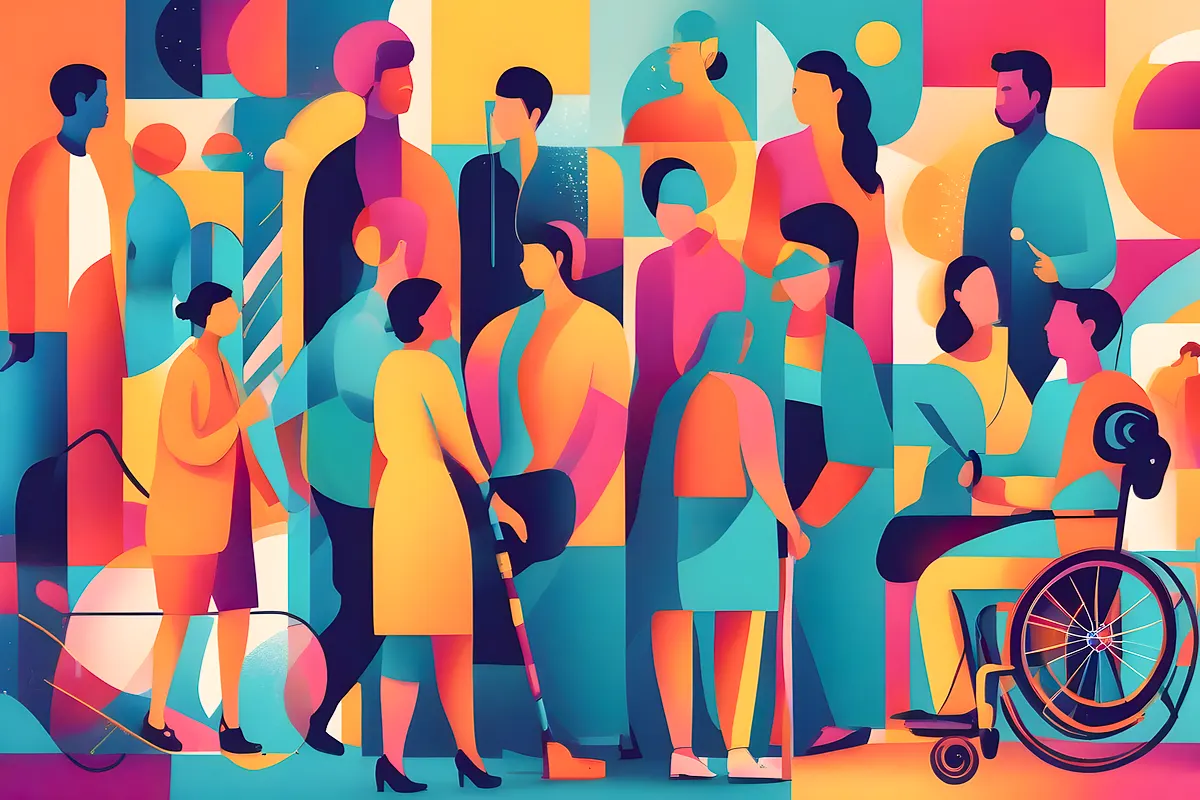Busting the Myths about Resilience
We live and work in a fast, unpredictable and, quite frankly, stressful world. Is it any wonder that we want to find ways to help us cope better?
I’m talking about resilience. It’s been a hot topic of late, but it was well on its way to becoming a buzzword before the pandemic. And, as with most buzzwords, it was hackneyed to the point that we kind of forget what it meant. We just knew it was important.
And, to be fair, it’s one of the most helpful traits we can cultivate in ourselves. The ability to move through a crisis, recover from challenges and learn from life’s lessons is fundamental to our success, both at work and in our personal lives.
There’s a ton of advice out there on how to become more resilient. But not all of it is actually true. So, let’s bust our way through some resilience myths.

Myth #1: Resilience = toughness.
For too long, society has told us that, in order to be resilient, you can’t feel pain. You mustn’t show signs of struggle. You have to act tough. You need to move on. And quickly.
There’s a misconception that if you’re tough, then you’re resilient. And if you’re resilient, you fear nothing, you hold back emotions, and you hide vulnerability. But we know that’s not really true.
Resilient people accept and observe their emotions. They voice their hurt. And they reflect on situations. Feeling your emotions isn’t just part of being resilient — it’s a vital element of it.
Myth #2: Resilience means you don’t need support.
Nope. Being resilient doesn’t mean you don’t need to lean on others for strength. Being resilient doesn’t shield you from setbacks. And when those setbacks do come crashing down in front of your feet, it’s not incumbent on you to work through them alone.

Myth #3: You’re either born resilient or you’re not.
Do you ever feel like some people seem to be naturally more resilient than others? In the same way that some folk seem to have more of a happy-go-lucky spring in their step? The truth is, most of us develop our resilience during the peaks and troughs of life.
Adversity, failure, disappointments, heartbreak; it’s all part of the rich tapestry. Learning and growth usually helps our resilience develop over time. So while some seem to be born with more resilience than others, we all have the potential to develop it and we are all resilient in some areas of our lives and less so in others.
Myth # 4: Resilience is easy with enough determination.
In the film, Late Night, Molly, (Mindy Kaling) a woman of Indian heritage, realises her ambition of working with the esteemed Katherine Newbury (Emma Thompson) – a once top-rated TV host whose show is now threatened with the axe. Molly settles into her new office, adorning her walls with a poster and the words: ‘Never Give Up’. And yes, despite the contemptuous comments from her male colleagues that she was just a ‘diversity hire’ and the endless discrimination she faces, she never gives up. She bounces back. Over and over again.

We’ve all seen resilience romanticised in film. The thing with Hollywood is that it has a habit of skirting past the real emotional slog. Don’t get me wrong, I love a montáge with cheesy music. But the off-camera reality is: resilience isn’t about turning every struggle into an opportunity to spring forward. It’s about living through those dark dips and working through them with healthy coping strategies.
Myth #5: You have to go through every struggle
Resilience is a really helpful quality to nurture. But don’t be a martyr. In life and in work, you’ve got to pick your battles. Why go through every struggle if it doesn’t sit right or make sense?
It’s important to make the distinction between hardships that are worth pursuing and hardships that require you to pivot (*PIVVVOT!* – sorry!). What we’re saying is, ask yourself: “is this the hill I want to die on?” In other words, is it worth it?

Myth #6: You’ve got to be perfect
Absolutely not. Resilience isn’t about being bulletproof or faultless. Even the most successful and resilient leaders make mistakes, question their abilities and face scrutiny from others. That doesn’t mean they’re not open and honest about their weaknesses or fears. The more transparent you are with those around you, the better the outcome for everyone.

Becoming more resilient takes time. But, just like any other skill, it can be learned, practiced and applied to all aspects of our lives. Take a look at our Boosting Resilience course to find out more about how our training can help you feel more equipped to tackle life’s challenges.















